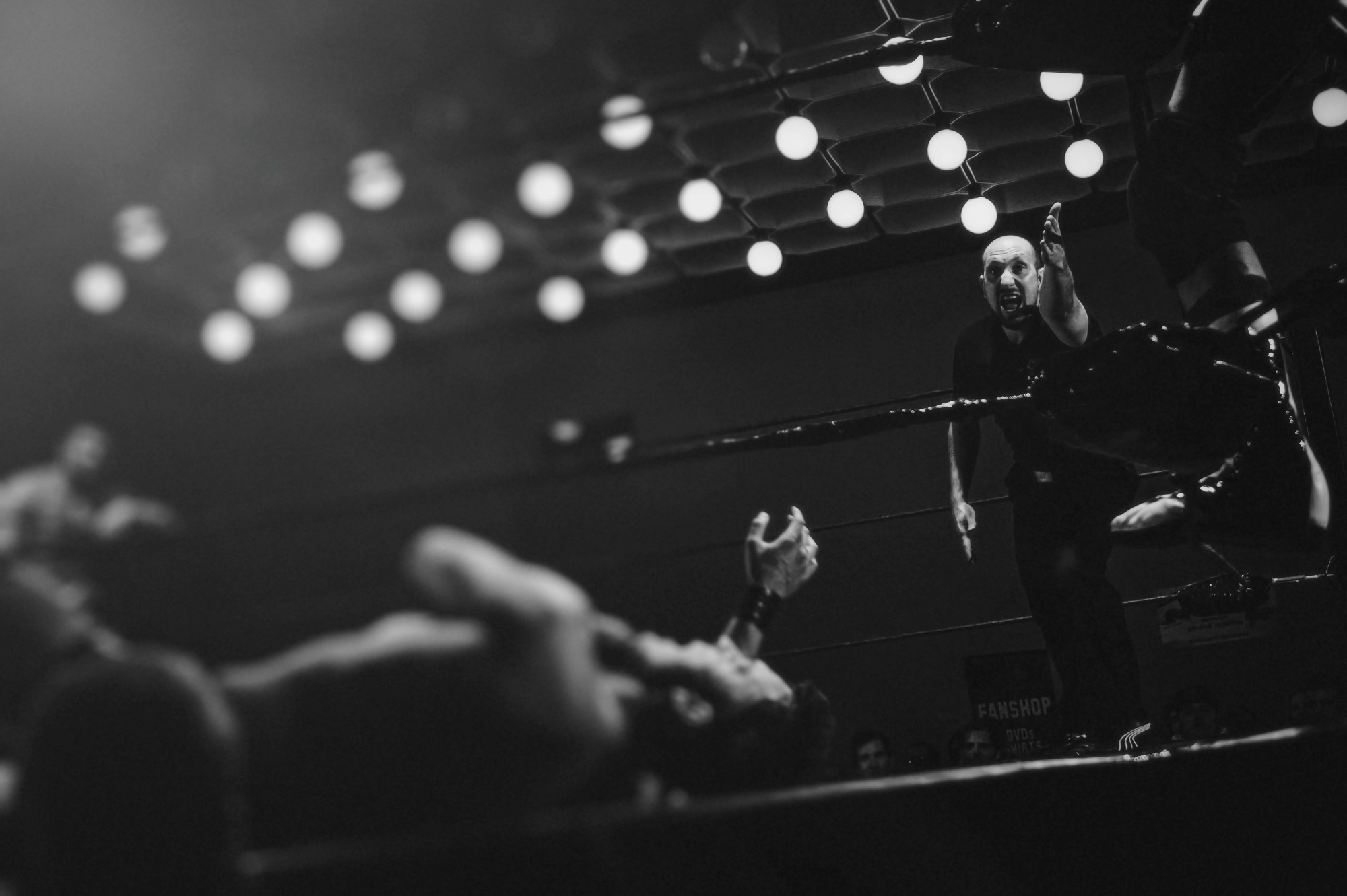The past year has shown that for many female celebrities, privacy in their personal photos and videos might be one of the few luxuries that they cannot afford. In late August of last year, hundreds of nude images of alleged household names, such as Jennifer Lawrence, were released on the Internet without the women’s permission. But celebrities are not the only targets of this severe invasion of privacy. Every year, tens of thousands of non-celebrities around the world have had their private photos posted on the Internet without their permission. Though undeniably a terrifying and absolutely devastating experience for most people facing such a situation, both celebrities and ordinary women have very limited legal recourse against the individuals that posted the photos, and even less still against the websites that host the images. This is because no single law, state or federal, criminal or civil, is currently capable of granting a victim the remedy they most likely desire: to have the unauthorized images completely removed from the Internet.
The posting of private photos on public forums without the subject’s permission is now referred to as involuntary or nonconsensual pornography, and it is defined as “the distribution of sexually graphic images of individuals without their consent.” On the other hand, the more commonly known and narrower term, revenge porn, is the non-consensual publication online of explicit images, often by an ex-boyfriend seeking to wound. Revenge porn is therefore one type of involuntary or nonconsensual porn. Other types of nonconsensual pornography occur when images of an individual are posted next to explicit images of someone that resembles them, or when someone’s head is actually photoshopped onto an explicit image and then posted online.
A victim of revenge porn may want to bring charges against two different parties: the individual that originally uploaded the images online, or the web platform that is hosting the images online and presumably has refused to take the images down. An individual may want to take action against the person that posted the images because they believe that the person did not have a right to post the images publicly in the first place.
Victims have tried bringing tort, and more recently, criminal law claims against the individual that uploaded the images. In the past couple of years alone, legislators in sixteen states have acknowledged the harm revenge porn causes both to the individual and society as a whole, and have passed laws criminalizing the behavior. However, even when a victim can successfully file a claim against the source of the image upload, this alone will rarely remove the images from the Internet, and most victims will therefore also want to take action against the actual websites hosting the images because they are the only ones that can actually have the images deleted.
The major problem that victims have is that even if they have a successful case against the offender that uploaded the images under state tort or criminal law, Section 230 of the Communications Decency Act drastically limits their ability to go after the platform that actually hosts the images or videos in order to have them completely taken down. This is because Section 230 of the Communications Decency Act immunizes interactive service providers, or ISPS, from any liability for content generated on their platforms by third party users, even if that content violates state tort or criminal laws. Therefore, these hosts, platforms, or websites cannot be held legally liable for content submitted to them by a third party. In this way, Section 230 limits any cause of action as only against the individual that originally uploaded the image publicly by foreclosing any relief against the websites that host the images. Therefore, the individual offender may be punished through a fine or record of a criminal conviction, but the website will not be forced to take the images down.
Another course of action that a victim may consider under the right circumstances is filing a claim of copyright infringement. Copyright law protects any original work of authorship fixed in a tangible medium of expression. Pictorial works are one of the enumerated works of authorship under the federal statute and case law has established that photographs may be copyrighted even if they are the work of an instant. Therefore, in cases where a victim of nonconsensual porn took the photograph herself, she may own the rights to the image and can file a claim of copyright infringement against the individual that posted the image publicly. A survey of 1606 respondents conducted by the Cyber Civil Rights Initiative revealed that over eighty percent of revenge porn images are the type of “selfie” images that would warrant copyright protection. A copyright claim would argue that the victim is the owner of the original work and that the posting of the image on a website without the owner’s consent constitutes copyright infringement.
The selling point for copyright law as a combatant against revenge porn is that Section 230 of the Communications Decency Act does not immunize information content providers from violations of intellectual property law. Copyright law, as a type of federal intellectual property law, is therefore exempt from Section 230 limitations. Thus, a victim that is the original owner of the image that was uploaded may file a copyright infringement claim against both the individual that uploaded the image and against the platform that hosts it, simultaneously deterring the individual that uploaded the images from engaging in such activity, and forcing the website to discontinue hosting the image. Additionally, a victim does not have to register the images in order to be protected, and they only need to provide their name, signature, links to infringing material, and several other pieces of information.
However, copyright protections are limited for various reasons. First, in order to have an image removed from a platform, a victim must send a demand letter directly to the domain owner asking them to take the image down under the Digital Millenium Copyright Act (DMCA). The DMCA protects a service provider against liability if, when they are notified of an infringement through a take-down notice, they act to bring down the infringing material. However, a victim may find it extremely difficult to locate the Internet service providers, or domain owners, in order to notify them of the infringement in the first place due to use of proxies or alternate servers. And even in cases where the domain owners are located and notified, some argue that these take-down notices are rarely taken seriously because service providers have no real incentive to do so.
Unlike in cases where the take-down notice is sent by a large company accustomed to protecting its intellectual property rights and is therefore prepared and capable of filing a lawsuit for violation of these rights, an individual victim of nonconsensual porn is not at all similarly situated. Therefore, if a website indeed ignores a take-down notice, most victims of nonconsensual porn may be completely without recourse. For the rare few who have the option, a victim may choose to file a lawsuit against the website. Some of problems a victim may then face include incurring the costs of litigation, potentially attracting further attention to the images at issue, and as mentioned above, having to face the challenge of finding whom to sue in the first place. It should be noted that these legal difficulties are compounded by the various other personal difficulties victims are simultaneously dealing with.
Copyright law can therefore certainly be a useful weapon in the fight against nonconsensual porn, since it requires no amendments to Section 230, no reinterpretation of settled doctrine, and no new criminal laws. However, it is not a complete solution as it only benefits those individuals that took the photo themselves, leaving all other victims without recourse. More importantly, it does not address the real problem. Nonconsensual pornography is not a copyright issue and it seems disingenuous to craft a legal remedy out of intellectual property law. This not only highlights the fact that other laws are inadequate and insufficient to address the problem, but it also demonstrates the extreme lengths victims and their attorneys are having to go to in order to find relief.
Maria Orellana is a second-year law student at Benjamin N. Cardozo School of Law and a Staff Editor of the Cardozo Arts & Entertainment Law Journal. She is a clinical student in Cardozo’s Immigration Justice Clinic, and is the Social Chair of the Latin American Law Student Association.




Good blog you have here.. It’s hard to find high quality writing
like yours these days. I honestly appreciate individuals
like you! Take care!!